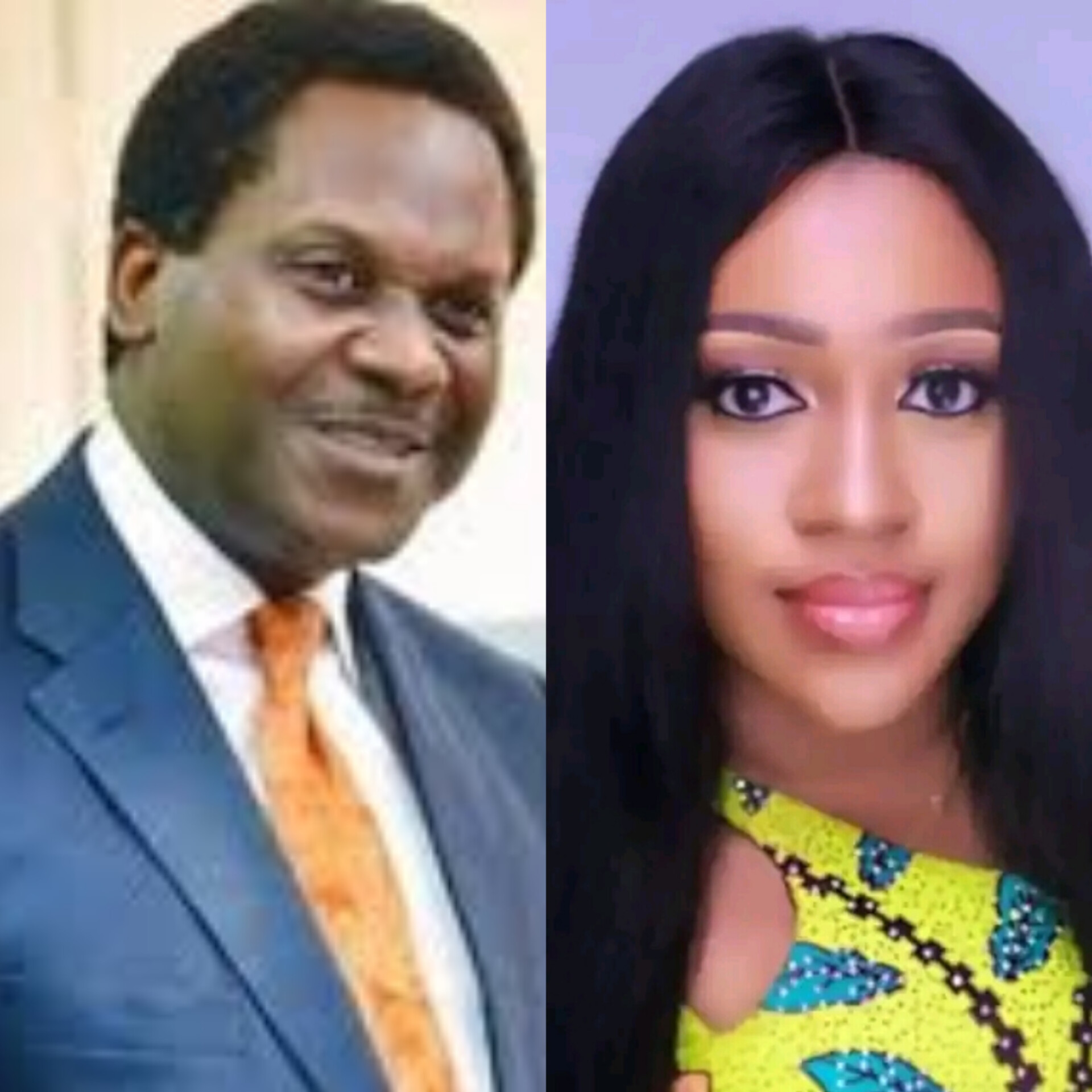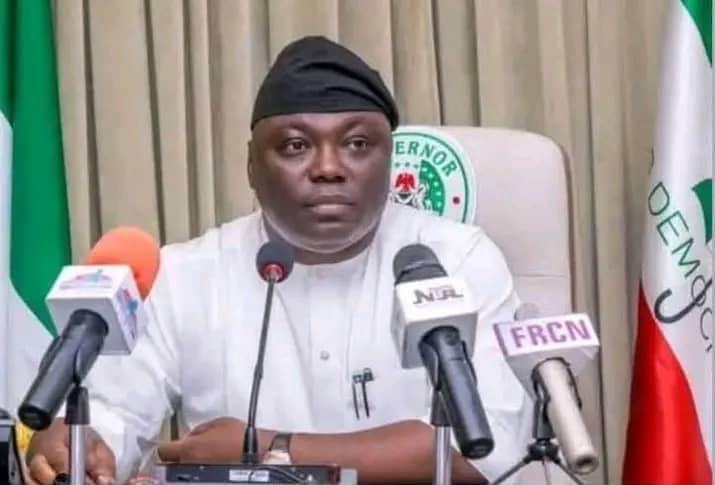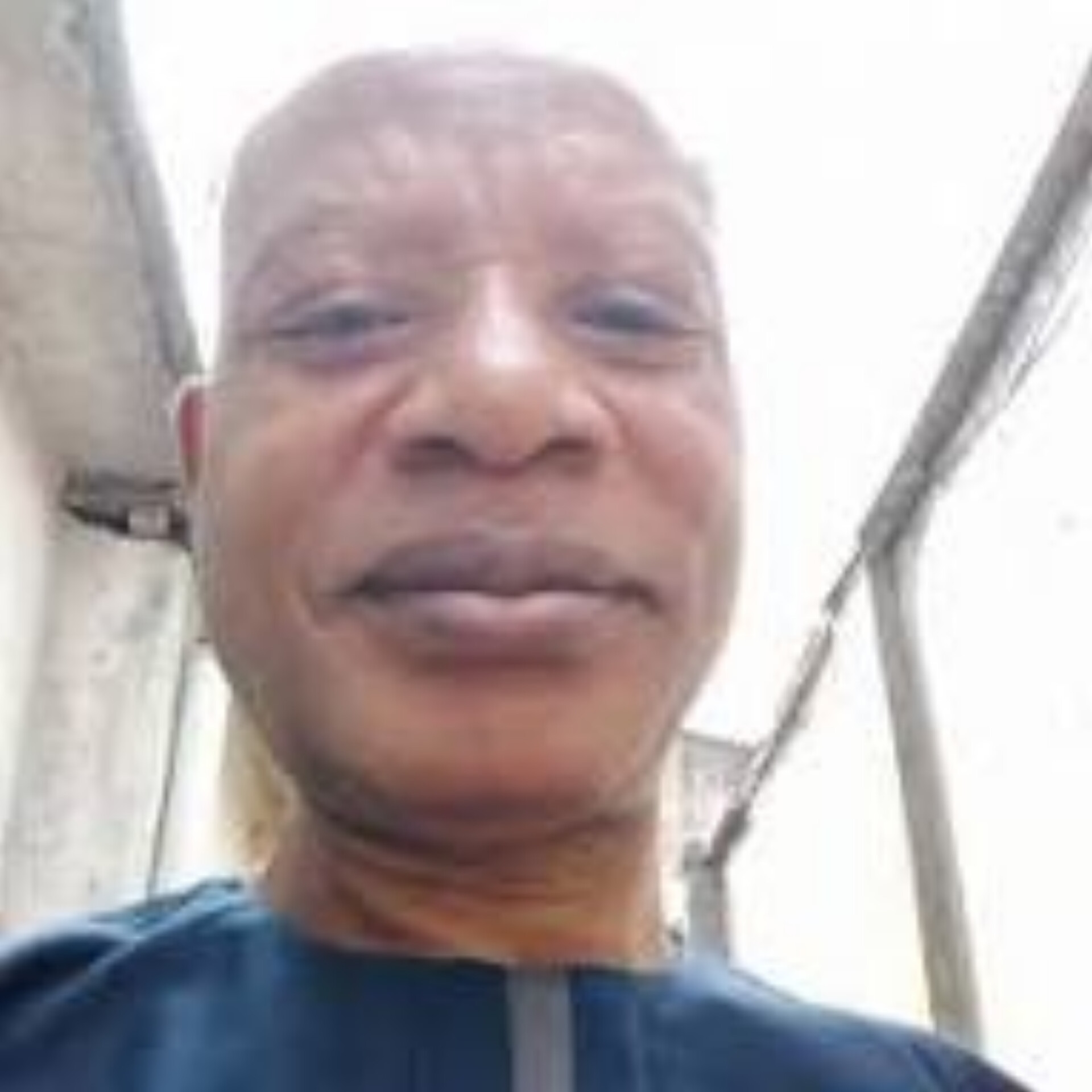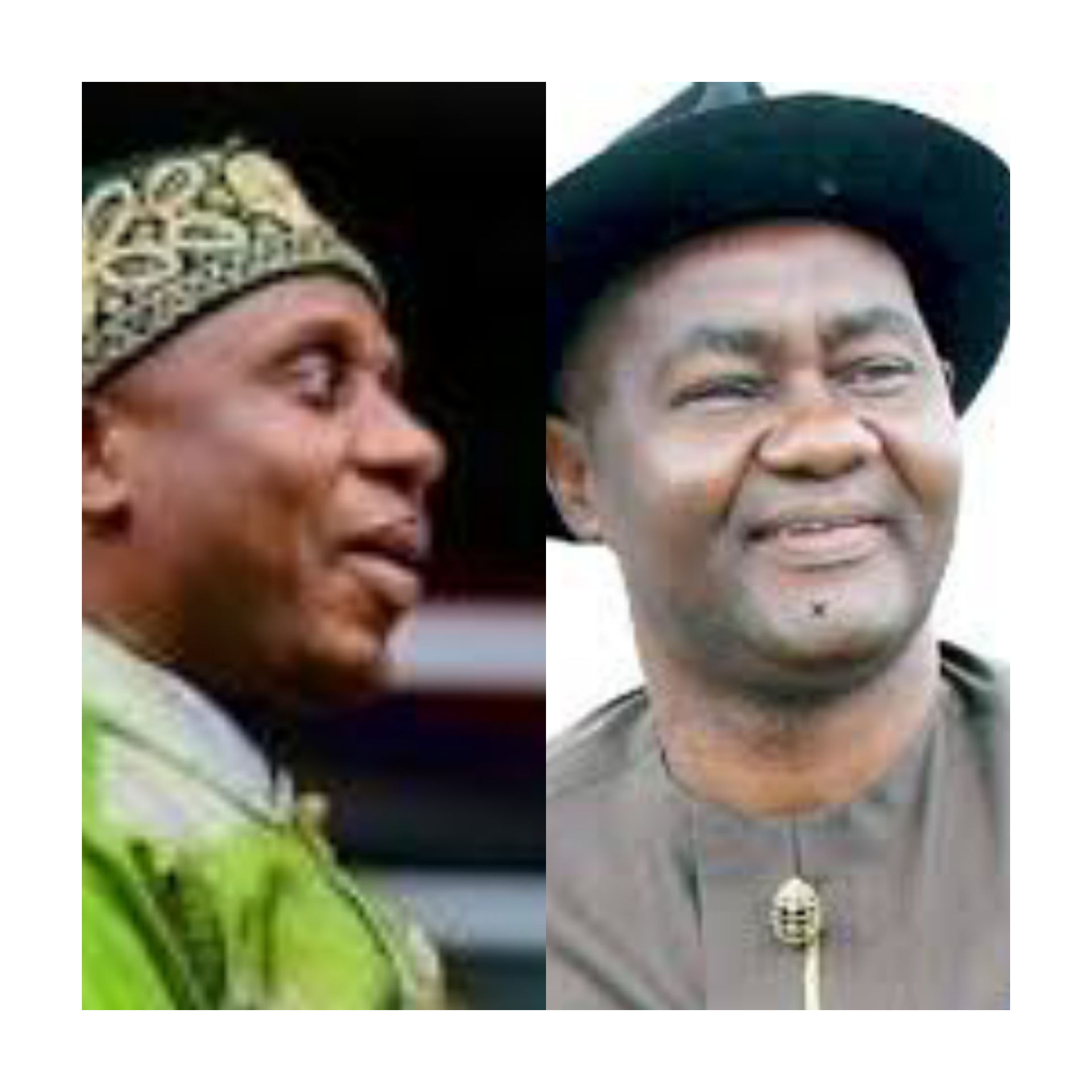By Tunde Olusunle
Two notable events hallmarked January 8, 2024, the very first Monday post-yuletide this new year. Nigeria’s President, Bola Tinubu suspended Betta Chimaobim Edu, the young medical doctor who hitherto served as Minister for Humanitarian Affairs and Poverty Alleviation. She was fingered in inexcusable financial infractions which ran counter to public service rules and procedures. In the second instance, the President disengaged from office Babatunde Ayokunle Irukera, the urbane attorney and executive vice chairman of the Federal Competition and Consumer Protection Commission, (FCCPC). Alexander Okoh, director-general of the Bureau for Public Enterprises, (BPE), was also relieved of his appointment, same day. In different ways and to differing extents, I know Edu and Irukera, respectively.
I first met Edu late 2018 in Port Harcourt, immediately after the Peoples’ Democratic Party, (PDP) national convention which produced Nigeria’s charismatic former Vice President Atiku Abubakar as presidential flagbearer. The little-known Edu found her way to *Intels Camp,* an idyllic, oasis in the bedlam of the capital of the oil-bearing state, where Atiku’s delegates and political strategists were quartered. An amiable extrovert, she spontaneously cultivated friendships with some of us on that occasion. She desired a role in the presidential campaign, so she clung to us literally, for inclusion as politicking gathered steam ahead of the 2019 elections.

I visited Calabar not too long after. I was detailed on a specific assignment to Cross River State by the headquarters of the PDP. Edu was Special Adviser to Benedict Ayade, the professor governor of the state on Community and Primary Healthcare. She graciously assigned a car to me to move me around in the course of my visit. I had always longed to visit *Tinapa resort,* the baby of Donald Duke the first democratically elected governor of Cross River State, this fourth republic, conceived to recalibrate trade and economic activity in the nation’s South South. That 2018 visit provided a perfect opportunity and inspired a very despondent poem which features in my most recent volume ofpoetry, *A Medley Of Echoes.* Edu was quite helpful.
Edu and I were in touch from time to time thereafter. She excitedly shared video clips of her screening by the senate for confirmation as minister last year. I acknowledged them and wished her every luck. In our previous engagements, she had always expressed preference for a health portfolio, ostensibly because of her professional background. That was the last time I heard from Edu! One will need to interrogate the nexus between people’s previous personas, vis-a-vis the spontaneity of office-induced metamorphosis and heightened hubris. I’ve observed a trend over the years such that further scrutiny has become imperative. Like I always tell those who ask me why I don’t jump upon presumably well entrenched friends when they are in high public office, the point is that I have a “bad habit.” I won’t be found lounging on the corridors or waiting rooms of any friend in public office at whatever level, if we cannot have a telephone conversation and firm up an appointment.
An eminent and adulated public officer like George Akume, former governor, senator, minister and now Secretary to the Government of the Federation, (SGF), returns people’s calls. How about Enyinnaya Abaribe, former deputy governor, high ranking senator and institutional memory of Nigeria’s parliament. Nobody therefore should consider himself too big or important to get back to people, and reach out. The immediate predecessor to John Owan Enoh, the sports minister, used to be my friend, or so I thought. He dragged me to sit with him on the high table at a post-inauguration reception hosted in his honour at the Transcorp Hilton, same day in 2019. His transformation thereafter was such that I never asked for the direction to his office all through his four years as minister! A Yoruba proverb pointedly enjoins us to be intentionally self-respecting so we can be reciprocally adulated.
Irukera and I knew each other by reputation for decades before we finally met. We lived with our parents and siblings in Ilorin the Kwara State capital over time, but never met. He was indeed at the Federal Government College, (FGC), at the same time with one of my siblings at some point, while I was at the University of Ilorin. On one of his visits to Abuja well before his appointment to the headship of the erstwhile Consumer Protection Council, (CPC), he insisted on meeting “this elder brother with whom he shares so many attributes.” We were both born in Kaduna at different times and bear the same name, “Babatunde” which in Yoruba lore presupposes that we are reincarnations of one of grandfathers, paternal or maternal. We are both Yagba from Okunland in Kogi State, and proud alumni of the University of Ilorin. We would further discover that we both got married same day, same month, same year! And so he visited first time and again, ever volunteering to be the one who visits more in deference to his older brother. This was until I insisted on knowing his place, so as to mitigate the “scores” if we were playing a game of football.
Betta Edu is on a yellow card for now relative to the ongoing inquest into her role in a bouquet of financial malfeasance, less than five months in office. While there is a broadsheet of untoward heist perpetrated under her watch, the fact of her approval to the effect that about N600 million be paid into the personal account of one of her proxies is on the front burner. The internet has been throwing up records of Edu’s activities during her stint in office. Her “testimony to answered prayers” at the December 2023 of the mammoth *Shiloh* prayer convention of Bishop David Oyedepo’s Living Faith Church is trending. Edu’s exhibitionist rocking and revelry alongside her “big girl” associates are also in the clouds. The irrepressible, dart-throwing Shehu Sani, former legislator and public engager has indeed applauded Tinubu’s decisiveness in promptly taking out Edu. He doesn’t miss the chance to take a swipe at the president’s predecessor, Muhammadu Buhari, who could only *ashuwa* Nigerians in every instance, never, ever able to act resolutely.
Last December, *Leadership* newspapers one of Nigeria’s respected tabloids named Irukera’s FCCPC “Government Agency of the Year.” The organisation was so recognised for “promoting fairness, regulatory stability and consumer protection within the marketplace.” Irukera was applauded for pursuing “a transformative journey in reshaping and rebranding the CPC, into a proactive and consumer-centric FCCPC.” *Leadership* posited further: “Irukera’s oversight of the commission’s transformation and operationalisation beginning from January 30, 2019,” has been a game-changer. He was credited with his “unwavering dedication to fostering a dynamic and responsive regulatory environment and recorded numerous milestones across diverse sectors including healthcare, digital finance and electricity.” The tabloid noted that “one standout accomplishment is the strategic development and implementation of the “Patient’s Bill of Rights,” among a host of other plaudits.
Irukera hosted a media engagement on the eve of Christmas where he disclosed that the FCCPC had weaned itself off from government funding and was now self-sustaining. According to him, rather than draw from the federal till, the FCCPC indeed remitted N22 Billion to the federation account! Irukera volunteered at that encounter that 90 per cent of the internal revenue generation, (IGR) of FCCPC came by way of enforcement of payment of penalties by defaulting companies. In a milieu where many government funded establishments overdraw their allocations, expend their IGR and go cap-in-hand for supplementation, the FCCPC generated N56 Billion last year out of which N22 Billion was remitted to the federal treasury. Such has been the quantum transmogrification of the FCCPC under Irukera, who inherited an IGR of N154 million in his first year in office in 2017.
There are insinuations to the effect that Irukera has been so treated because of his relationship with former Vice President Yemi Osinbajo, a professor of law and senior advocate of Nigeria, (SAN), who was instrumental to his appointment in 2017. Osinbajo and Irukera were partners in a Lagos-based law firm. Osinbajo contested in the presidential primary of the All Progressives Congress, (APC), in June 2022, which was won by Tinubu. Even before both men met at the ballot at the *Eagle Square,* Abuja, Tinubu never disguised his disaffection towards Osinbajo his own protege, who dared run against him. Osinbajo served as attorney general of Lagos State under Tinubu when the latter was governor from 1999 to 2007. Tinubu also threw Osinbajo up as running mate to Buhari after the APC presidential primary in December 2014.
Irukera is grateful for the opportunity to have served Nigeria’s “incredibly vibrant and loyal consumers.” He is glad to leave behind “a strong institutional advocate in the FCCPC and an outstanding team of soldiers who work there daily for the cause of fair markets.” Irukera offered transparent leadership at the FCCPC, took bold and daring steps, made far-reaching decisions and achieved much in the Commission’s mandate to protect the consuming public from unfair practices. He fearlessly brought to their knees, otherwise powerful local and international companies infringing on consumer rights and made them accountable. Such is the sterling legacy Irukera is leaving in FCCPC, a hitherto little-known government concern.
The period of Betta Edu’s suspension should serve as one to holistically rethink the whole concept of the Humanitarian Affairs and Poverty Alleviation ministry; the National Social Investment Programme Agency, (NSIPA), and their affiliates. Since their emergence under the Buhari administration, they have been fraught with allegations of mindless thievery and mammoth fraud. From Sadiya Umar-Farouk who pioneered the ministry under Buhari; through Halima Shehu the NSIPA chief executive who was recently dismissed by Tinubu and now Betta Edu, the rancid smell of fiscal cannibalism, chokes. Nigeria’s commonwealth to the tune of N88 Billion is alleged to have been fleeced by these three.
Truth is that all the so-called poverty alleviation and empowerment archetypes have only provided for the colossal bleeding of the national wallet. The *tradermoni,* “public works programme” and “conditional cash transfer” among others, have been most dishonest in serving the interest of vulnerable groups. Who authenticates the number of individuals or households provided with tokens for poverty mitigation? The entire poverty tempering superstructure under its various aliases and nomenclature amount to a consolidated scam.
For his inimitable altruism and diligence in service to nation, for opening the eyes of government to the fact that state institutions can be transparently and profitably run, Irukera deserves proper recognition. People who apply themselves to service the way Irukera has should be invited for a handshake and photo opportunity with the President. On such an occasion, Tinubu should ask him to name a particular government department he hopes to help his “renewed hope” agenda. The National Productivity Centre, (NPC), and the Ministry of Special Duties should immediately list Irukera for applicable honours, as different from the Buhari “all comers” epoch.
Tunde Olusunle, PhD, poet, journalist, scholar and author is a Fellow of the Association of Nigerian Authors, (ANA)




